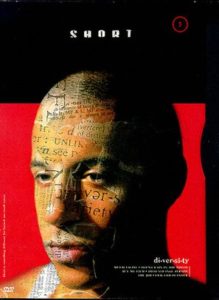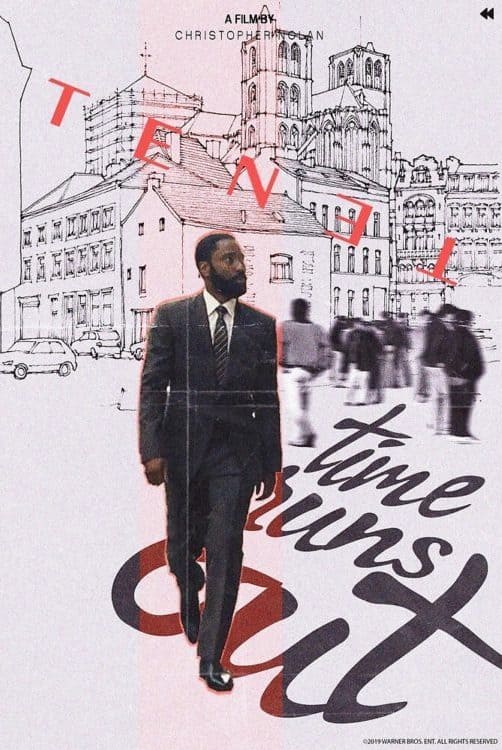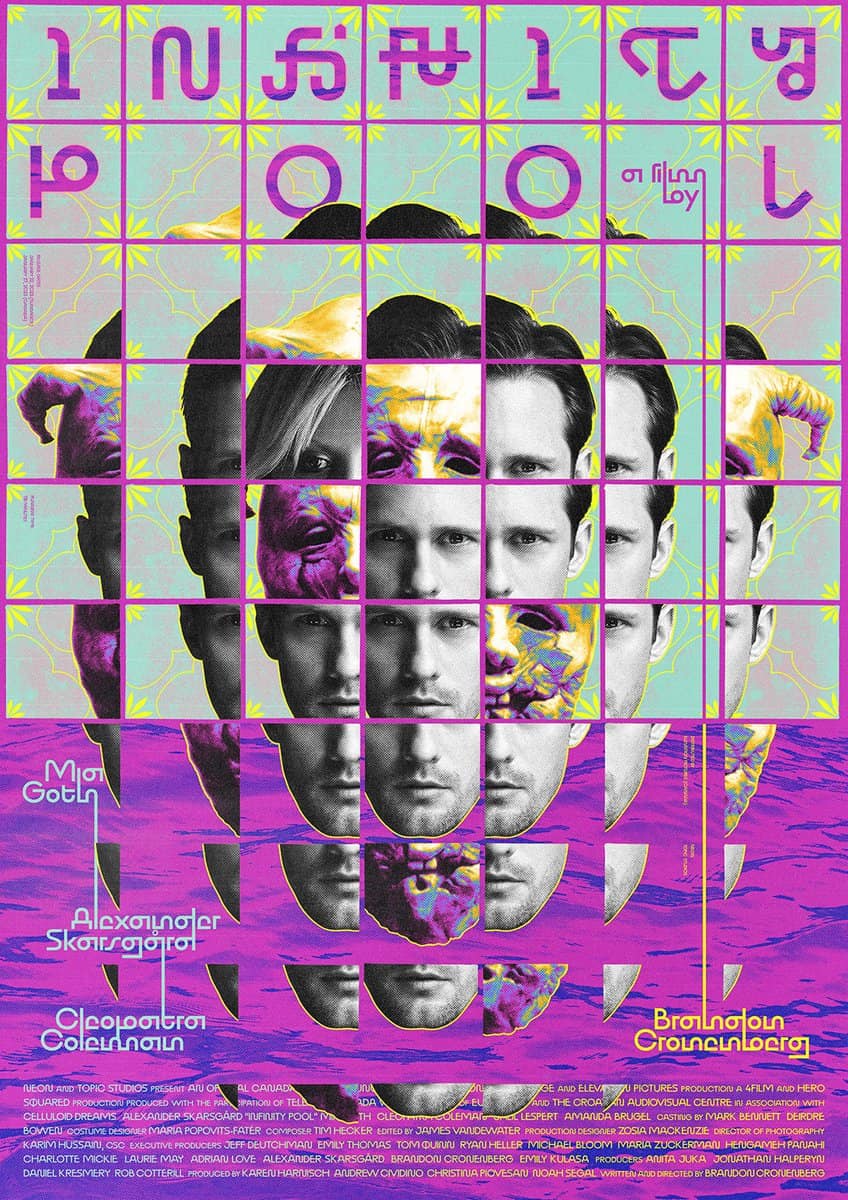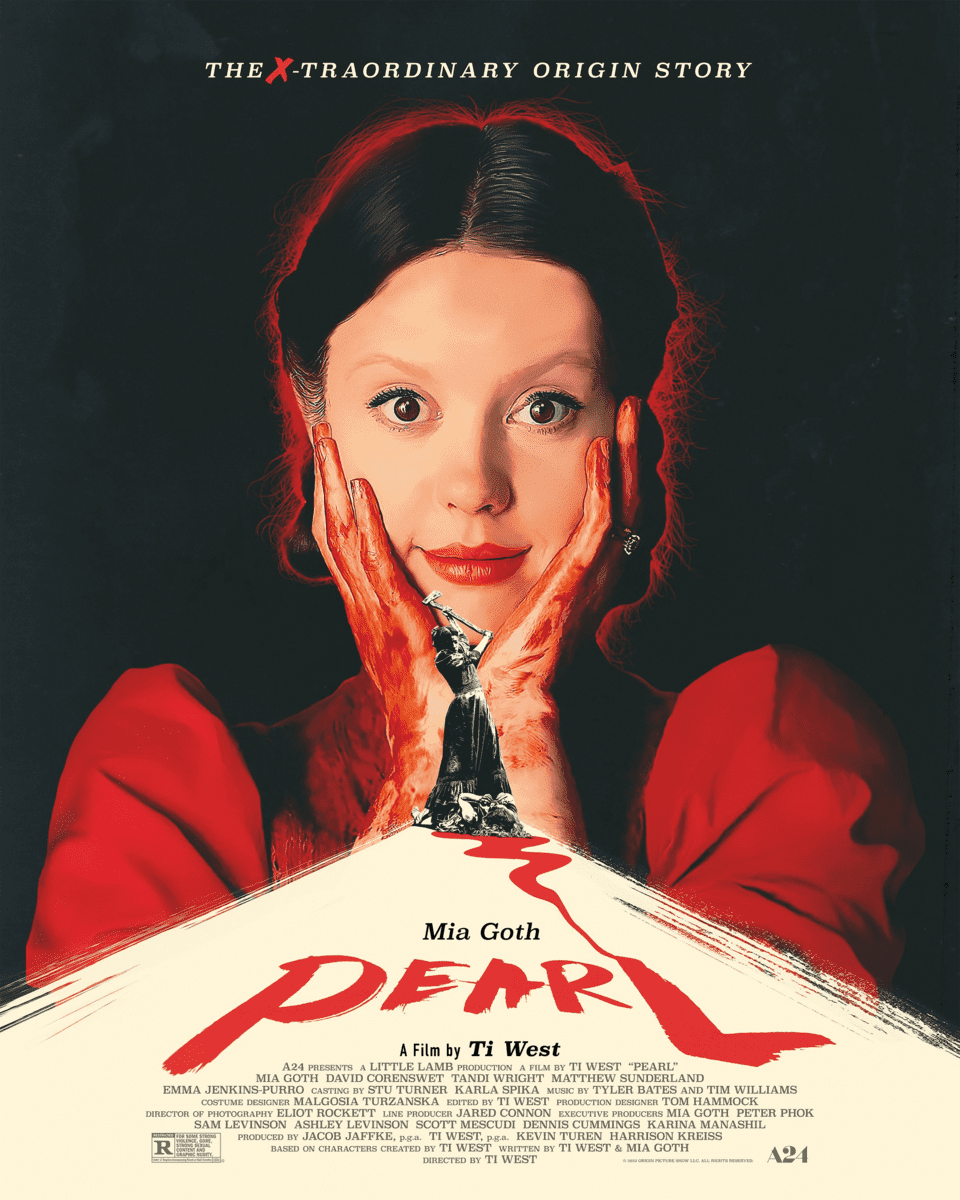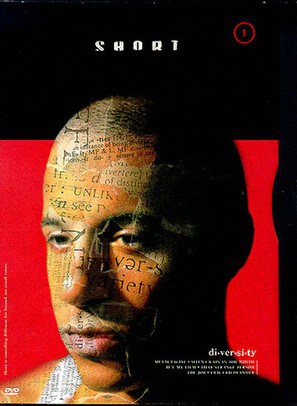
Welcome to the second volume of “Short and Sweet,” my new semi-regular series on short films and their music. This volume sees another wide range of films and composers, from Vin Diesel’s breakout short film ‘Multi Facial’ (for which he also composed the score), to the Oscar-nominated ‘The Last Farm,’ to several more recent independent and A-list shorts. As always, if you have a short you’d like considered for this article series, feel free to contact me!
Multi-Facial (1995)
I challenge anyone who thinks Vin Diesel is a bad actor to watch Multi-Facial. As lead actor, director, writer, and composer, the short is a complete showcase of Diesel’s talent and was his first step toward superstardom. It’s an incredibly intimate and powerful film, following a fledgling actor (Diesel) who faces the constant barriers of racial prejudice. Constantly stereotyped, forced to play caricatures, or told he isn’t Black or White enough, Diesel channels his own early experiences directly into the film. It’s raw, heartbreaking, and unfortunately remains as relevant today as it did 25 years ago. What there is of Diesel’s score is largely buried in the sound design (due to the low budget and DIY approach), making it nearly impossible to hear. But there are standout moments, including Diesel’s rapping and some desolate blues guitar that emphasizes the hopelessness Diesel feels after numerous rejections. The film is an incredible display of versatility, driven by a powerful performance. (Directed and Score by Vin Diesel).
Home By 8:30 (2019)
Home By 8:30 immediately thrusts the viewer into the terror and chaos that its main character faces – and never lets up. The film is innately attached to his perspective, following his fearful flight, the brief anxious reprieve he finds at home with family, and one last frightful venture back into the unknown from which he first came. It’s a powerful film that gives a personal framing to a dangerous problem some British youth face (to say what would be to spoil too much). Composer duo Two Twenty Two use their score as a striking proxy for the main character’s thoughts and condition. Pounding synths and ominous ambient overtones exude the boy’s initial fear while a massive building roar mirrors his paranoia and claustrophobia. The score establishes a deep connection between this character and the viewer, letting us experience and understand his cascade of emotions. (Directed by Perry White; Score by Two Twenty Two; listen here).
The Stunt Double (2020)
Let’s get this out of the way now: The Stunt Double is a glorified Apple ad (whether this disqualifies it from being a true short film is a separate conversation). But, it is an Apple ad with A-list director Damien Chazelle and A-list composer Lorne Balfe. Shot vertically on an I-Phone, the film’s premise is an experiment in how vertical filming can enhance the cinematic experience. It does so through a half dozen very brief scenes in which the titular stunt double performs through the ages: from diving off a skyscraper in a modern action blockbuster to dueling in an old Western. Unfortunately, there’s minimal narrative (and what narrative exists feels tacked on). The film is far from compelling. However, the rapid-fire genre and tonal changes make a strong case for why Lorne Balfe is one of the best composers working today. Though the music may not be groundbreaking, Balfe seamlessly moves between genres with convincing ease and skill. He’s equally comfortable in a high-octane action film as he is in a period romance or 1930s pulp treasure hunt. This sort of versatility is the mark of a great film composer. (Directed by Damien Chazelle; Score by Lorne Balfe; watch here).
Keratin (2020)
Disclaimer: Since originally publishing this review, the film’s directors have been accused of plagiarism, of which I previously knew nothing about. Having spoked with/read statements from some of the cast and crew, including composer James Warburton, it does not appear that any of the cast and crew knew about this either. The score itself is completely original and was composed with no knowledge of this alleged plagiarism.
Keratin perfectly embodies one of the things I love about short film: concision. A solitary man seeks the means of creation by planting his fingernail clippings deep in the bowels of some unknown forest, reaping the consequences thereafter. The pacing is tight, quality high, and the anticipation palpable. It manages to set forth a mystery, explore the results, and introduce another – all in a matter of 8 minutes. Drawn largely from manipulated field recordings, composer James Warburton crafts chaotic soundscapes; walls of sound and noise that immerse the viewer in the madness of the film’s events. It also effectively replaces dialogue, helping push emotion, tone, and characterization. Warburton’s style is reminiscent of composers like Danny Bensi and Saunder Jurriaans, in that he similarly creates an aura of discomfort and unease that permeates the film. (Directed by Andrew Butler and James Wilson; Score by James Warburton).
The Last Farm (2004)
A lone farmer toils away, surrounded by the imposing figure of Iceland’s cliffsides. The basic premise of The Last Farm sets up a bleak story of man against nature, fighting against the despair of isolation. And much of the film does feel that way. But it becomes a surprisingly beautiful and touching story, showcasing the lengths to which one will go for love. I didn’t realize until after watching the film that its composer, Kjartan Sveinsson, was a longstanding member of Icelandic post-rock powerhouse Sigur Rós. Sveinsson utilizes a string quartet to create the film’s somber atmosphere – the perfect companion to the farmer’s own sorrow. The film nearly veers into overwhelming misery, the kind that leaves the viewer mentally and emotionally drained. But it steps back just before the breaking point, as Sveinsson’s score bursts with a beautiful melody, like rays of sun finally breaking through the clouds. (Directed by Rúnar Rúnarsson; Score by Kjartan Sveinsson; watch here).
The Mud (2018)
An abstract, stop-motion film, The Mud shows a human-like being’s quest for a sense of belonging. The film largely focuses on the Mud’s growth and eventual despair at being an outcast, the latter of which is particularly unsettling due to a fantastic sound design featuring an intermittent, powerful chorus of layered whispers. Composer Justin Bell impressed me with his score. He starts by mirroring the creation and “childhood” of the Mud by slowly adding instruments and tracks. What begins as rather sparse music during adolescence builds into a robust cue by the time the Mud is fully grown. It’s quite clever, especially when the short format (approximately 6 minutes) constrains the use of motifs that would normally represent this progression. Bell also nails the tonal shift later in the film, managing a sweet, uplifting sentiment without ever becoming too sappy. This helps deliver a much-needed dose of optimism (both for the film and life in general). (Directed by Brandon Lake; Score by Justin Bell; watch here).
